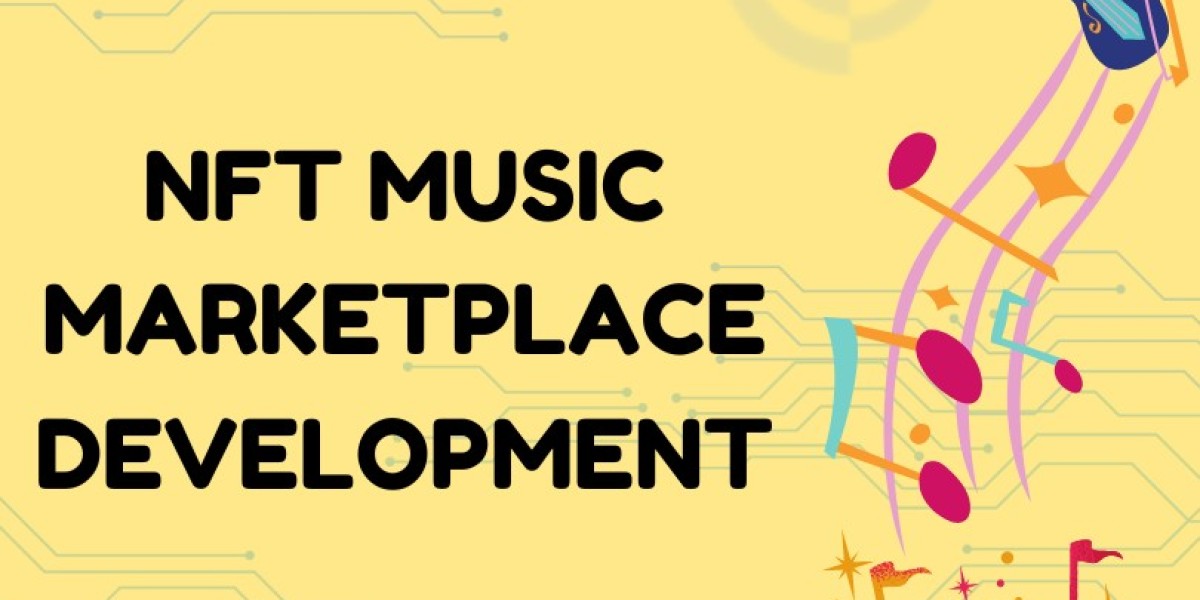The music industry has undergone massive transformations over the years, from vinyl records to digital streaming. Now, NFTs are revolutionizing the way artists distribute and monetize their work. NFTs provide musicians with direct access to their fans, eliminating intermediaries and offering new revenue streams.
But how exactly are NFTs shaping the music industry, and why should startups consider launching an NFT music marketplace? Let’s explore.
How NFTs Are Transforming the Music Industry
Here are certain reasons how the music industry is being reshaped by the NFTs and digital hubs which are becoming a business hub for the startups.
- Empowering Artists with Direct Sales
Traditionally, artists rely on record labels, streaming platforms, and distributors to release their music. However, NFTs allow musicians to sell their work directly to fans as digital collectibles. Artists can tokenize albums, singles, concert tickets, and even exclusive experiences, creating a stronger artist-fan relationship while retaining a larger share of their earnings.
- Royalties and Smart Contracts
One of the most groundbreaking aspects of NFTs is the ability to integrate smart contracts. These contracts ensure that artists receive royalties every time their NFT is resold, something that doesn’t happen in traditional music sales. This means continuous passive income for musicians, helping them sustain their careers in a competitive industry.
- Exclusive Content and Fan Engagement
NFTs offer an innovative way for musicians to reward their loyal fan base. Artists can create limited-edition NFTs, granting buyers access to exclusive content like behind-the-scenes footage, unreleased tracks, virtual meet-and-greets, or VIP concert experiences. This fosters deeper engagement and strengthens fan loyalty.
- Reducing Dependence on Streaming Services
Streaming platforms like Spotify and Apple Music take a significant share of an artist’s revenue, often leaving musicians with minimal earnings. By leveraging NFTs, artists can bypass these platforms, offering their music as exclusive digital assets and receiving direct payments from their fans.
- Music Collaboration and Fractional Ownership
NFTs enable fractional ownership, meaning multiple stakeholders (such as producers, songwriters, and session musicians) can own a piece of the NFT and receive a fair share of royalties. This ensures transparency in revenue distribution and fosters better collaborations within the industry.
After these reasons, you might be wondering to start an NFT Music Marketplace platform as your business options for music assets. So, here is…
Why Startups Should Launch an NFT Music Marketplace?
The rise of NFTs in music presents a golden opportunity for startups to enter this evolving space. Here’s why launching an NFT music marketplace is a smart move:
- Untapped Market Potential: The NFT music space is still in its early stages, offering a competitive advantage to startups willing to innovate.
- Artist-Friendly Revenue Models: Unlike traditional streaming platforms, NFT marketplaces can offer fairer revenue distribution models, attracting more musicians.
- Growing Demand for Digital Collectibles: Fans are increasingly interested in owning unique, blockchain-certified music assets, driving demand for NFT marketplaces.
- Cross-Border Accessibility: NFTs operate on decentralized networks, making it easier for artists and fans worldwide to participate in music commerce without restrictions.
Partnering with the Right NFT Marketplace Developer
Building a robust NFT Music Marketplace requires expertise in blockchain technology, smart contracts, and user-friendly marketplace design. Partnering with an experienced NFT Marketplace development team ensures a seamless, secure, and scalable platform. If you’re looking to create an NFT music marketplace, connect with a skilled NFT developer today and be a part of the music industry’s future!









